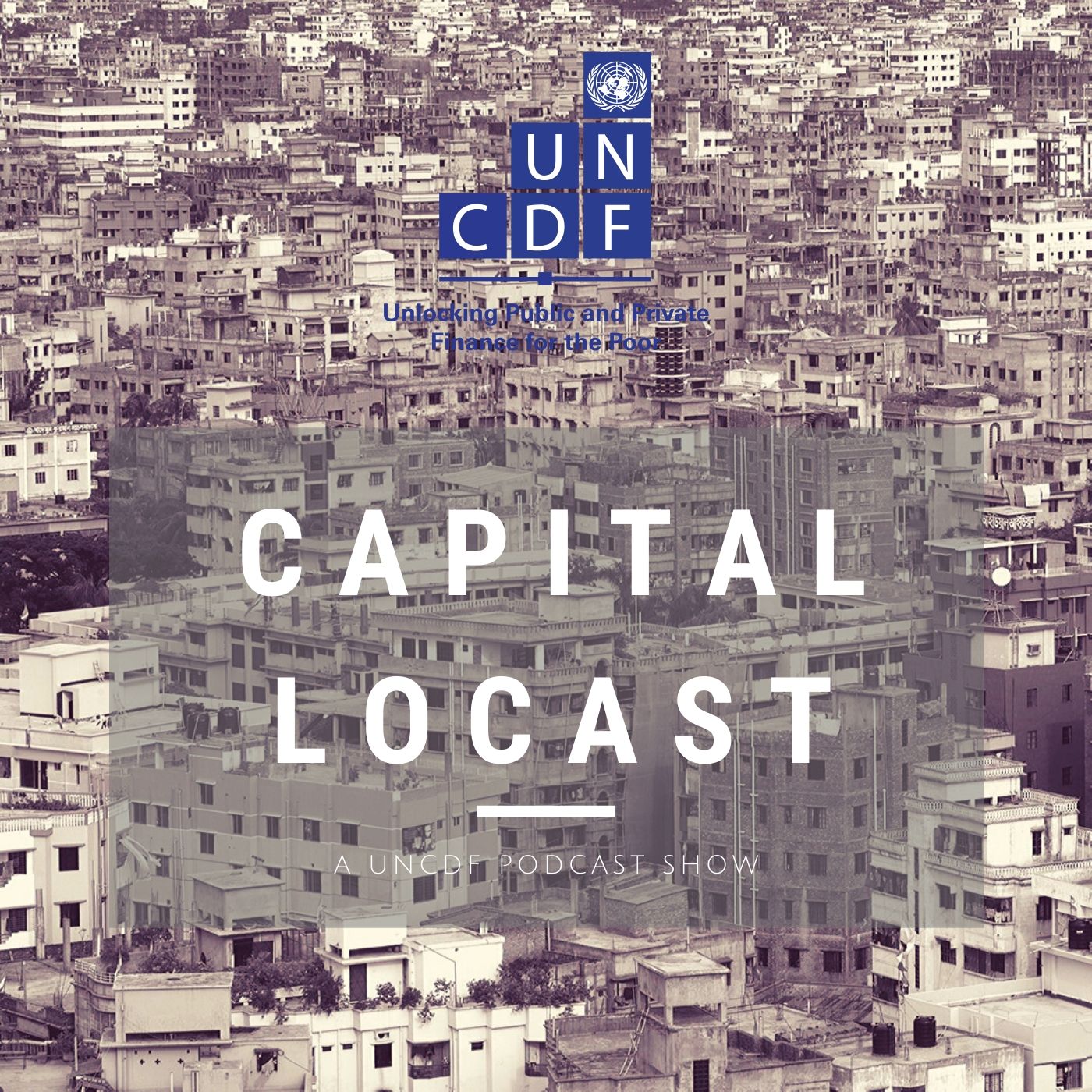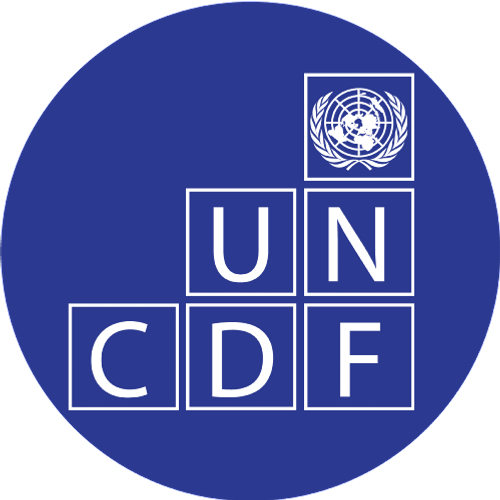Capital LoCAST S2 Episode 5
Member of Parliament for Malaga (UCD), between 1977 and 1982, and Senator for Malaga (PP), between 2011 and 2014. Francisco de la Torre was President of the Provincial Council of Malaga and Minister of Economy, Finance and Tourism of the first Pre-Autonomous Board of Andalusia.
In 2020, he was appointed to the advisory board of Unitar, the United Nations Agency for Training and Research. This body ensures that the quality standards adopted in accordance with UNITAR’s mandate and UN guidelines are respected and well integrated into all activities of both the agency and the CIFAL Global Network.
He holds a Degree in Sociology from the Pontifical University of Salamanca; Specialist in Regional Development from Rennes, France; and Doctorate in Agricultural Engineering from the University of Madrid.
Malaga
Málaga is capital of the province in the region of Andalusia. The city is Located on the south of Spain and just over 100 km from Africa, its township occupies 395 km ² and is located in the center of a bay surrounded by mountains and crossed by two rivers, the Guadalhorce and the Guadalmedina that flow into the Mediterranean. With 565,000 inhabitants, Málaga is the sixth largest city in Spain, second in Andalusia and also the most densely populated urban area of 160 km from the Costa del Sol. Its catchment area covers 12 other municipalities totaling more than 850,000 inhabitants.


